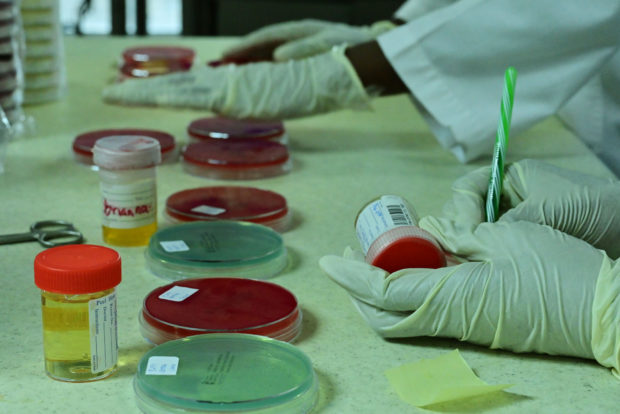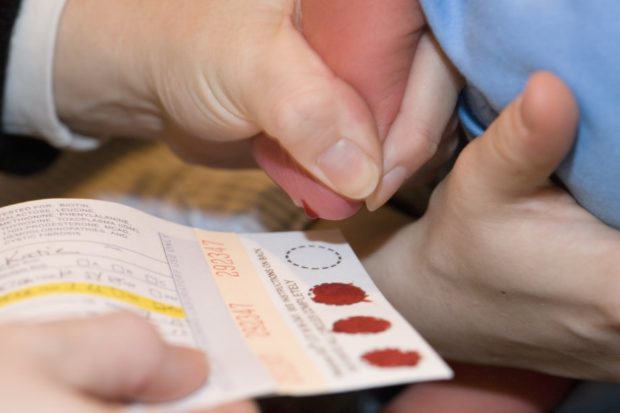‘Game-Changer’ on the Spot Blood Test for Anti-Dopers
Developing dried blood-spot testing could be a “game-changer” for the anti-doping community in the fight against performance-enhancing substances, World Anti-Doping Agency (WADA) officials said Thursday.
WADA revealed signed memoranda of understanding with several global organizations, part of worldwide collaboration and research into the project, including US, Chinese, Australian, Swiss and Japanese anti-doping groups as well as the International Olympic Committee (IOC).
🚨REMINDER🚨
The deadline to register interventions for WADA's Fifth World Conference on Doping in Sport is tomorrow.
Register here➡️https://t.co/TNrTAi4BxM pic.twitter.com/r5fGsH6NeW
— WADA (@wada_ama) October 3, 2019
A steering committee to oversee progress into dried blood-spot (DBS) testing was established last March by several groups, including WADA and the IOC, with a goal of developing accurate tests in time for the 2022 Beijing Winter Olympics, with an additional objective of considering what, if any, aspects of such tests could be implemented for next year’s Tokyo Olympics.
Two working groups have been established, one dealing with sample collection and transport and the other examining storage and analysis.
The project goal is to develop guidelines for an anti-doping blood-spot test program, with WADA seeking financial support from stakeholders and partners to develop the project.
“There’s a real sense among project participants that DBS could be a game-changer for the anti-doping community,” said Dr. Olivier Rabin, WADA senior executive director for sciences and international partnerships.
“It’s very encouraging how we are all working together on this project, optimizing time and resources, to validate this new element within the overall anti-doping toolbox.”
With only a finger prick needed to deliver a doping sample, DBS testing could deliver an easier method of detection compared to current urine or blood samples and a smaller volume of blood making sample collection, transport and storage easier and less expensive and space-consuming with a possible benefit of less sample degradation also.
Anti-doping groups could target more athletes and collect more samples, including some in more remote areas, according to WADA.
“The possible advantages of DBS are clear,” Rabin said.
“It has the potential to add to the current global anti-doping program by complementing existing urine and blood testing to expand upon the program ‘s testing coverage and capacity to better reveal doping practices.
“WADA is committed to making available new ways of protecting clean sport that reduce the inconvenience or discomfort for athletes and is easier, more effective and cheaper to carry out.
In that way, it could be that DBS will be a major breakthrough in global anti-doping testing capacity.”
Related Articles
Want stories like this delivered straight to your inbox? Stay informed. Stay ahead. Subscribe to InqMORNING



